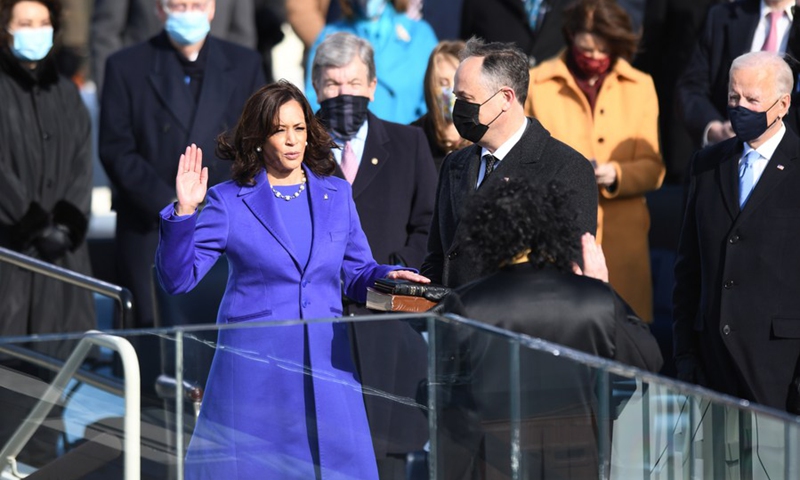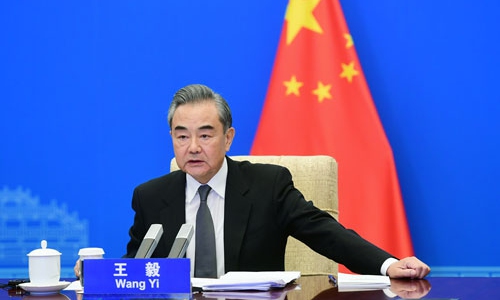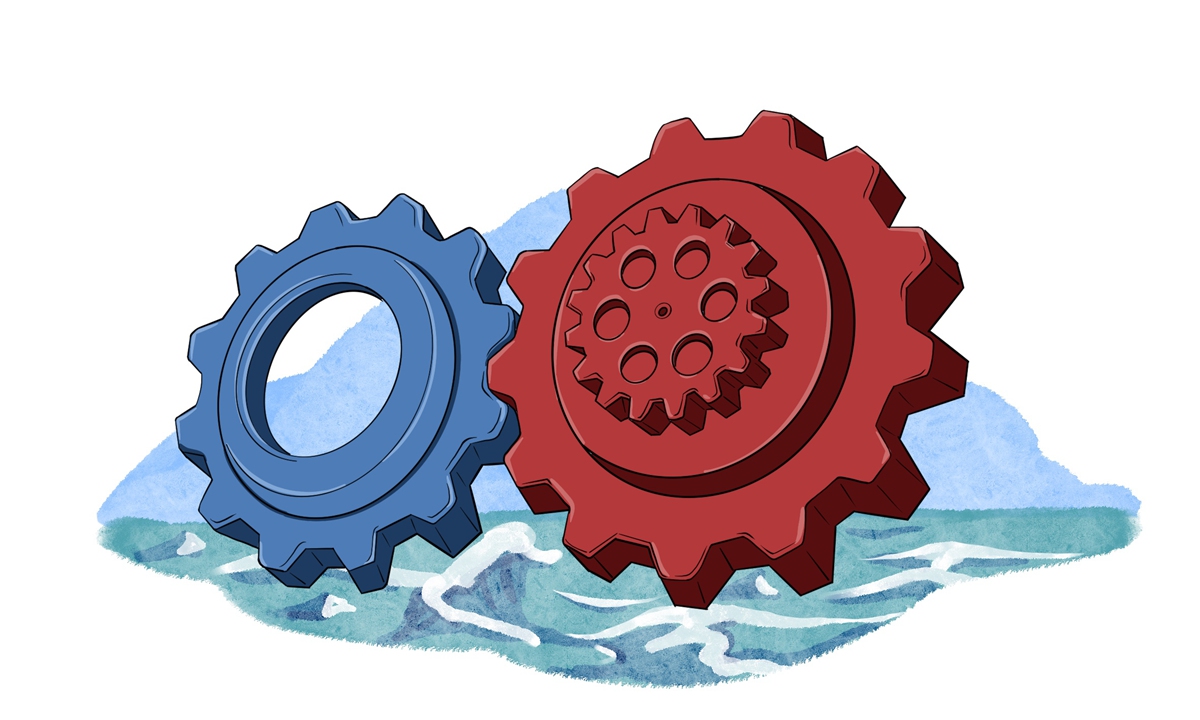Beware of external outbreaks
As cases rise, experts say it’s time to expand Operation Surge Capacity nationwide
With the Delta variant confirmed to be the dominant strain in the country, experts are calling for Malaysia to continue its vaccination drive – especially in states outside the Klang Valley – to outpace the highly-infectious Covid-19 variant.
Greater vaccination efforts are needed in states outside the Klang Valley, health experts say, especially with the Delta variant casting a shadow on the country’s recovery.
With about 98% of the Klang Valley adult population having received at least the first vaccine dose under Operation Surge Capacity, public figures and health experts say attention should now be focused on other states in Malaysia.
“About two months ago, the proportion of cases for Greater Klang Valley represented 60% to 70% of total cases in Malaysia.
“But now it is about 50% to 60%. The rise in cases is both nationally and in Klang Valley, so it’s not just the concern of the Greater Klang Valley but every other state in Malaysia,” said Health deputy director-general (public health) Datuk Dr Chong Chee Kheong.
He added that the strain on the healthcare system in Klang Valley was now more manageable, but other states were now at risk.
International Islamic University Malaysia epidemiologist Prof Dr Jamalludin Ab Rahman suggested roping in community leaders to help get people vaccinated, including manual registration for those without the Mysejahtera app.
“The state government can identify who (the community leaders) are and if they are from rural areas. The government must go to people rather than wait for them to register,” he said.
He said low vaccine registration rates in certain states such as Sabah (44%) and Kelantan (65%) could be due to a lack of knowledge or technology.
“However, we should also study if there are other reasons like misunderstanding about vaccine safety. If that’s the case, the government needs to engage them and educate them,” he said.
Universiti Kebangsaan Malaysia epidemiologist Assoc Prof Dr Azmi Mohd Tamil concurred that lower vaccine sign-up rates in certain states might not necessarily be due to vaccine hesitancy, but to the use of Mysejahtera.
“There are a lot of rural elderly Malays who have yet to register with Mysejahtera,” he said.
“There may be lower IT literacy and lower usage of the Mysejahtera app. Lower broadband or Internet penetration could be a problem too.”
As of Thursday, about 65% of adults in Malaysia have received at least one dose.
However, Sabah still has a relatively low vaccination coverage with about 37% of adults receiving at least one dose, with Kedah and Kelantan showing only slightly higher numbers at 43%.
To ramp up vaccination rates, Medical Practitioners Coalition Association of Malaysia president Dr Raj Kumar Maharajah said doubts that the public might have on the vaccination programme must be addressed.
“There are questions over the efficacy of the vaccines, especially with reports on empty shots and breakthrough infections.
“People are wondering why they need to get vaccinated when people are getting infected. As such, we need public assurance from the government.
“We need to know the vaccination history of the Covid-19 fatalities, or the proportion of vaccinated individuals who went on to Category 4 or 5,” he said.
He added that the government should mobilise the over 7,000 general practitioners (GPS) across the country to aid the vaccination programme.
“The government is not using the GPS to the fullest. They should rope them in, and we must cut down on the number of mega vaccination centres,” he said.
The Star Malaysia
by JOSEPH KAOS JR and CLARISSA
China's vaccine producer Sinopharm discovers potent antibody against Delta variant, effective in early treatment of COVID-19
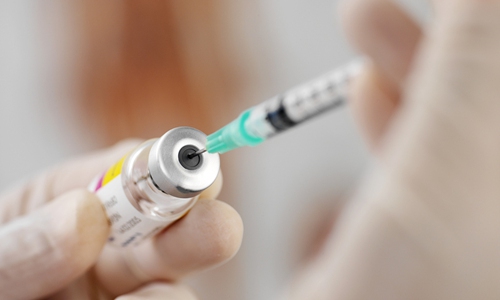
The team, led by Yang Xiaoming, Chairman of Sinopharm China National Biotec Group, a Sinopharm subsidiary, found a monoclonal antibody which can effectively block the binding of novel coronavirus to the Angiotensin-converting enzyme 2. This enzyme is attached to the membrane of cells located in the intestines, kidney, testis, gallbladder, and heart and the antibody can prevent the virus from infecting cells, the company announced on its official WeChat account.
Monoclonal antibody, as a targeted therapy drug, has a strong specificity, significant efficacy and low toxicity. Known as the "biological missile", it has shown excellent efficacy and broad application prospects in the treatment of a variety of diseases.
The application of the antibody, called 2B11, can also significantly reduce the pulmonary inflammation caused by virus infection.
The Delta variant has become the main variant in global transmission of COVID-19 and is also the prevailing variant in China. Recent studies showed that 2B11 had a highly consistent neutralization activity against the Delta variant, suggesting that it has great application value in short-term prevention and early treatment of COVID-19 caused by this variant.
The company said the clinical application of the 2B11 antibody is progressing an orderly manner with hopes that it can be used in the prevention and control of COVID-19 in China as soon as possible. The research is expected to be a useful weapon against virus mutation.
Source link
Sinovac to submit application for clinical research and emergency use on vaccines against Gamma and Delta variants in several ountries: company CEO
China's Sinovac will submit an application in several countries for clinical research and emergency use on vaccines targeting the Gamma and Delta variants, Sinovac CEO, Yin Weidong, said on Thursday during a forum on international cooperation on COVID-19 vaccines hosted by Chinese State Councilor and Foreign Minister Wang Yi.
MOH: Too soon to ease restrictions | The Star
Related posts
Dangerous period of the pandemic: WHO warns over deathly Delta variant of the coronarirus
Covid-19 cases in Malaysia expected to continue to rise, says deputy Health D-G


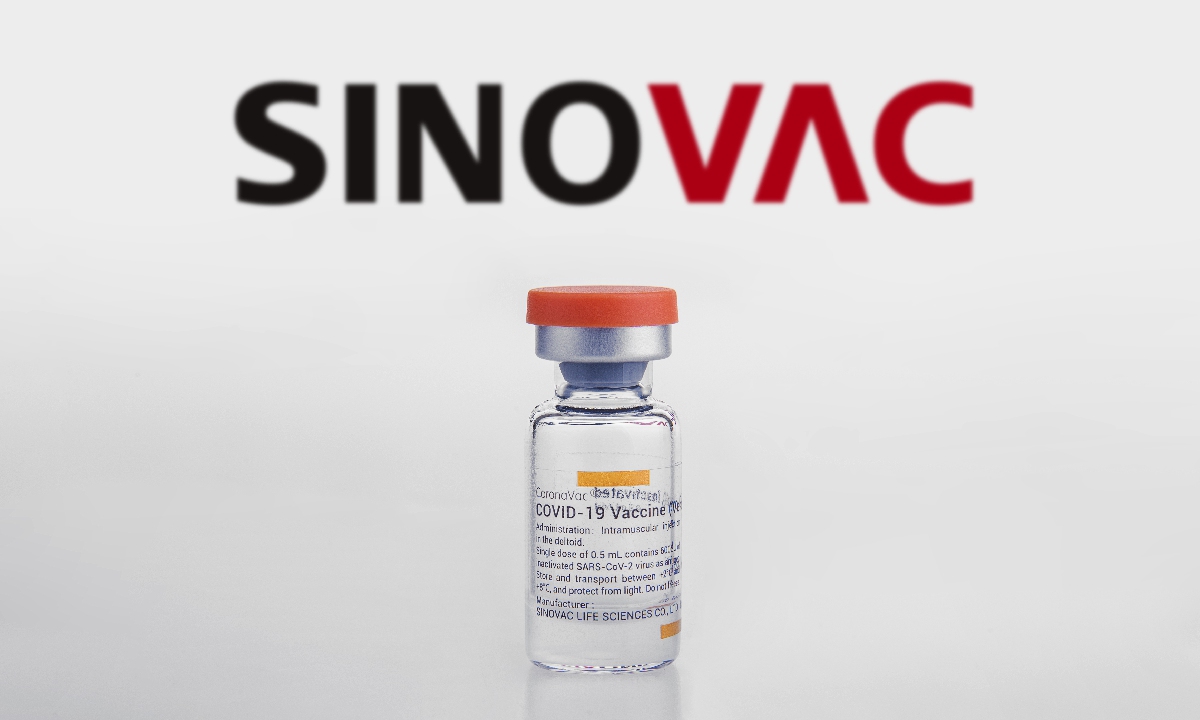









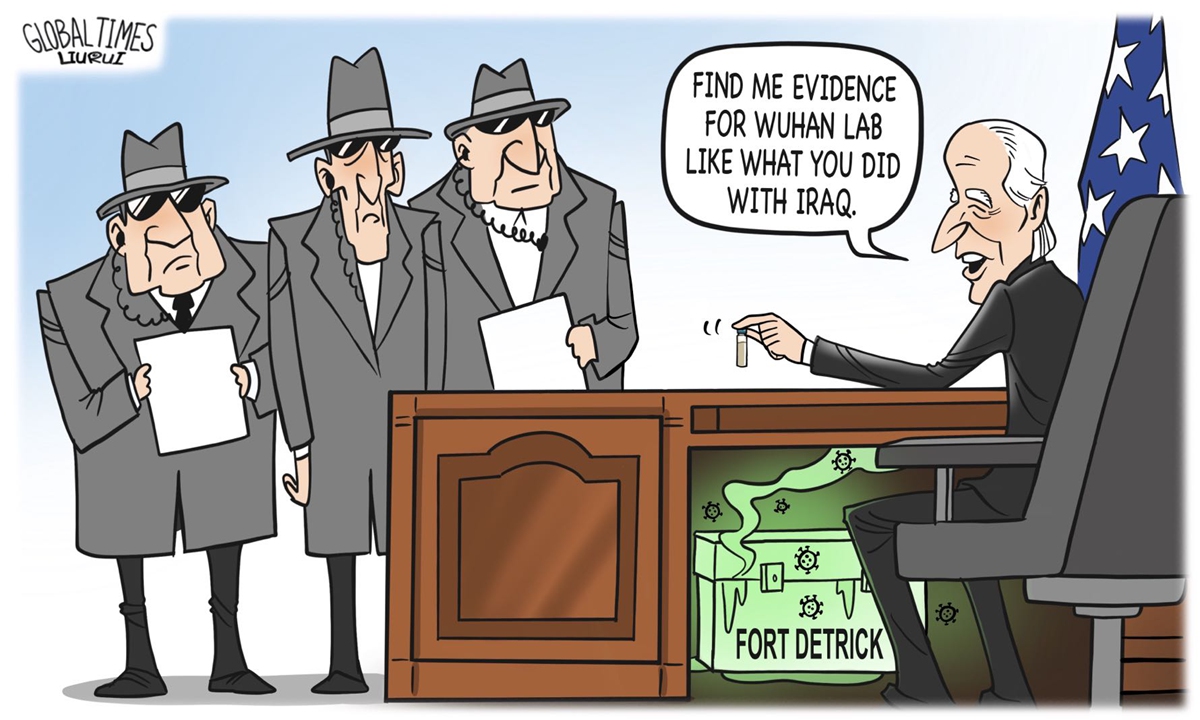 Illustration: Liu Rui/GT
Illustration: Liu Rui/GT

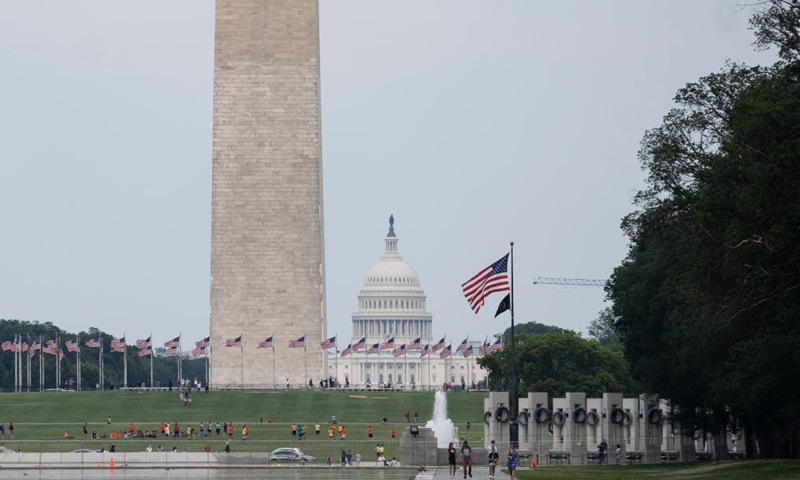
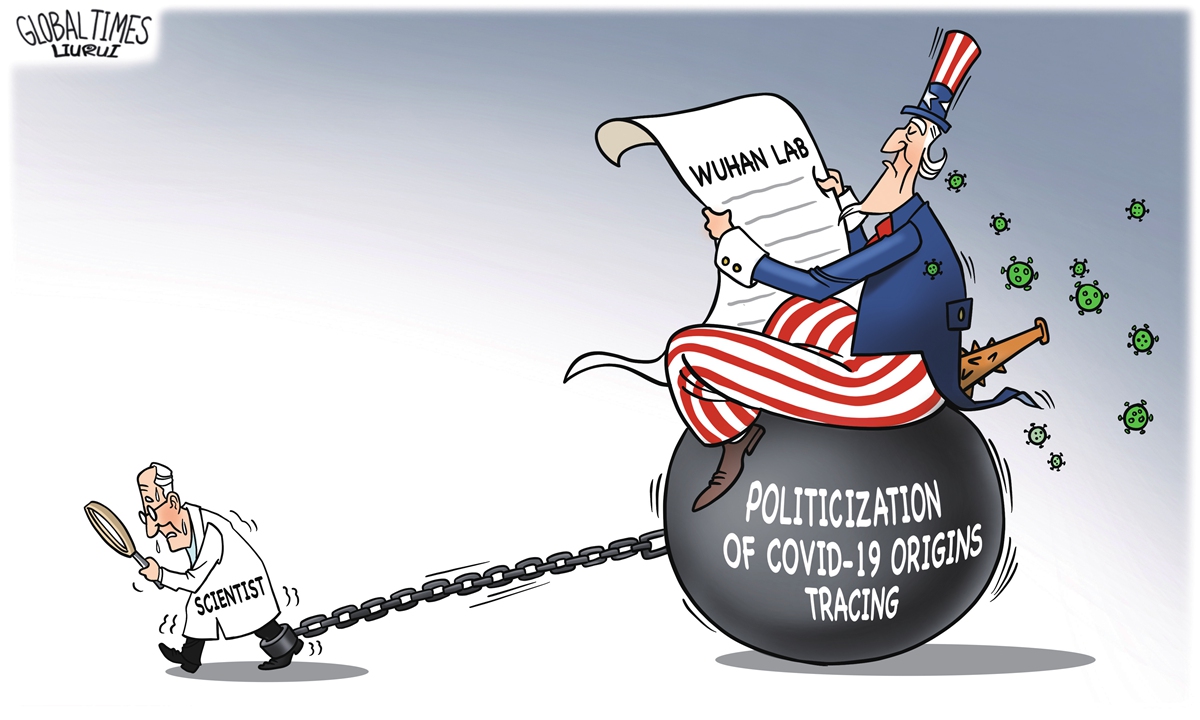
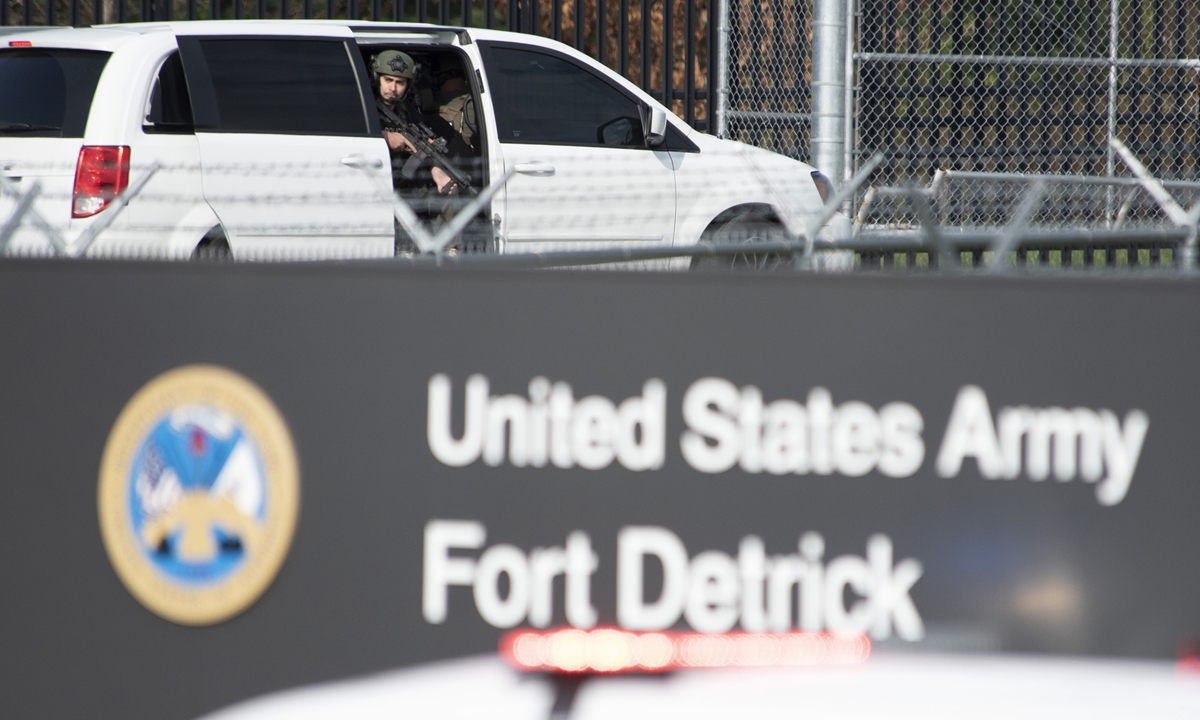
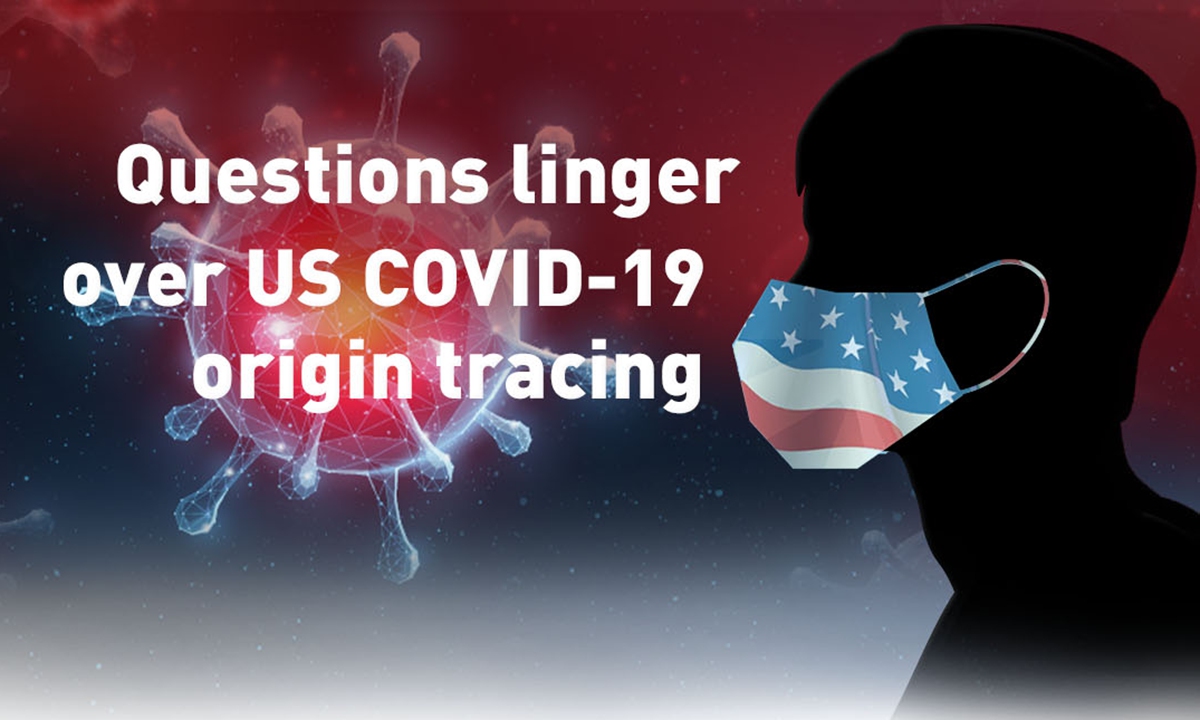





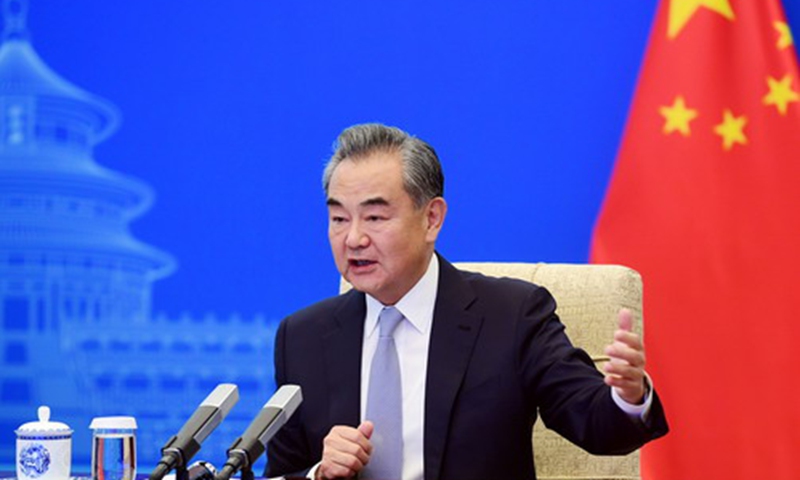
 Beware EXPIRED vax donated by US.
Beware EXPIRED vax donated by US.